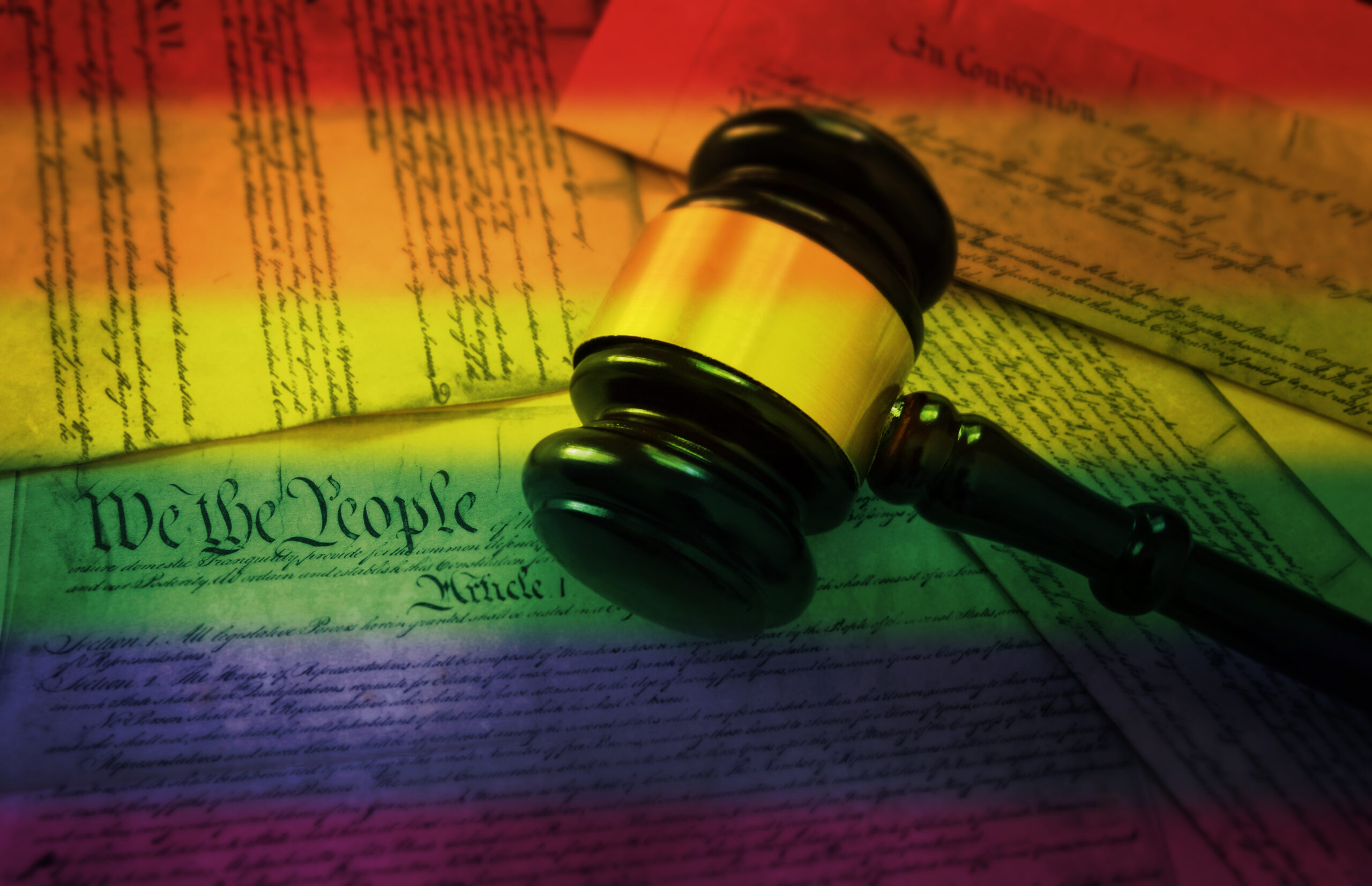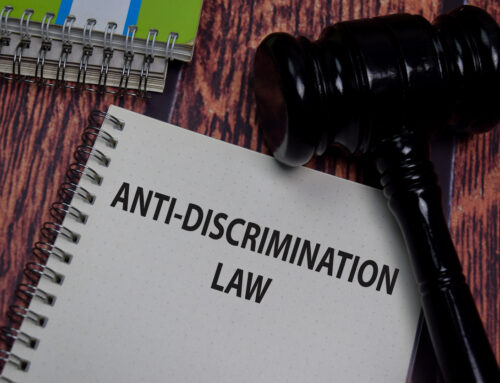The Oregon House of Representatives passed Senate Bill 704 on May 13, 2021. Governor Kate Brown signed the legislation into law ten days later. Accordingly, Oregon became the 14th state to end the so-called “Gay Panic” or “LGBTQ Panic” defense in criminal cases.
What is the Gay Panic Defense in Criminal Cases?
The Gay Panic or LGBTQ Panic defense is a legal strategy used to justify the violent behavior of a defendant in a criminal case. The defendant argues that the victim’s gender identity, gender expression, or sexual orientation is to blame for the defendant’s action. In other words, the victim is to blame for being murdered or assaulted.
The defense tries to convince the jury that “gay panic” or fear of LGBTQ individuals explains and excuses the defendant’s behavior. The gay panic defense has been used several ways by defense teams.
They may use the defense to support diminished capacity or insanity. For example, say the victim propositioned the defendant. Because of the victim’s sexual orientation or identity, the defendant has a breakdown which causes the “panic.” The American Psychiatric Association discredited the theory of “gay panic disorder” in the early 1970s.
Lawyers also use the gay panic defense to support a self-defense argument. For example, the defendant claims that the victim was about to cause the defendant serious bodily harm because of the victim’s sexual identity or orientation.
The third way defense teams use the gay panic argument is to support a defense of provocation. The defendant argues that the victim’s proposition induced the defendant to harm or kill the victim.
All three of the above defenses are offensive and harmful to society as a whole. They suggest that a person’s gender, sexual identity, or sexual orientation makes them a threat to the public.
The “panic” defense could be used in other cases involving victims who have specific traits, such as persons of color, homeless individuals, or people of another ethnicity than the defendant. However, the defense is dangerous and needs to be banned from use in all courts.
Has the Gay Panic Defense Been Successful?
The gay panic defense has been used in several cases. So yes, some of the defenses have been successful.
Charge Reduced to Second-Degree Murder
Jonathan Schmitz argued that finding out his male friend, Scott Amedure, was gay resulted in diminished capacity when he shot Scott three days later. There was overwhelming evidence that the murder was premeditated. However, the jury reduced the premeditated murder charge to a second-degree murder charge.
Acquitted of Murder
A Georgia jury acquitted Roderiqus Reshad Reed for the beating death of Ahmed Debarran, an Assistant District Attorney in Fulton County. Reed alleged that he killed Dabarran to protect himself from unwanted sexual advances. The jury found him not guilty even though the medical examiner testified that the victim was asleep at the time of the murder.
Jury Returned a Not Guilty Verdict on Murder Charges
Joseph Biedermann stabbed his neighbor Terrance Hauser 61 times. He claimed that he woke up, and Hauser was attempting to sexually assault him while holding a sword to his throat. There was very little evidence of a struggle, but the jury acquitted Biedermann of first-degree murder.
The above examples are just three cases in which the defendant argued the gay panic defense.
More Needs to Be Done to Prevent Violent Offenders From Using the Gay Panic Defense
The American Bar Association’s House of Delegates adopted a Resolution in 2013 urging federal, state, local, tribal, and territorial governments to enact legislation to curtail the gay panic and trans panic defenses. In addition, advocacy groups, individuals, and other parties have worked tirelessly to help ban the use of these defenses.
However, only 15 states and the District of Columbia have enacted laws banning the gay panic defense. Ten states have pending legislation that has not been passed. Until such legislation passes, defendants will continue to blame innocent victims for their hate crimes and violent acts.
Many laws impact the lives of LGBTQ individuals each day, including anti-discrimination laws and same-sex marriage laws. Laws that are not specifically related to LGBTQ members can also significantly impact choices and freedoms.
If you have a legal matter related to your gender identity or sexual orientation, contact an LGTBQ attorney for advice and help.





